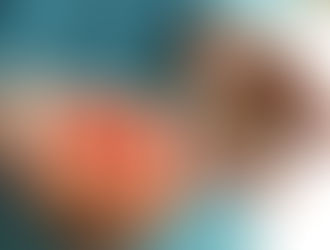Avoiding the 'Data Void' of Health Information
- Aug 24, 2018
- 2 min read

Search engines may rank among the greatest technologies human beings have ever invented, but when it comes to medical information, they can be less like an pocket encyclopedia and more like a black hole. Searching the web for information about even simple medical procedures and problems—not to mention approaches to wellness—can mean sifting through thousands of results, most of which are not scientifically verified.
As Renee DiResta reported in Wired recently in her great piece about Vitamin K. and the complexity of health information, medical information by trusted sources like the CDC or through platforms like PubMed are most often not at the top of our search results.
Rather, what tends to float up to the top of searches are blog posts, op-eds, and other “clicky” content. Because of the way that algorithms learn our behavior, search engines start to provide us with these results first, because people showed interest in them, leading to a vicious cycle of information being driven further and further away from the eyes of patients who need it.
Michael Gobeliewski of Bing calls this a data void, saying, “There are many search terms for which the available relevant data is limited, nonexistent, or deeply problematic.” Among these search terms are the medical questions from confused and concerned patients and their families.
This “data void” has very real implications for people living with various medical conditions and problems, especially rare ones or ones that are not fully understood (which frankly is most of them!)
When there is limited or changing research on a disease, it is all the more important that patients are able to access it.
So how can we respond in the face of these knowledge gaps:
We need to seek out trusted sources—for example:
1. Scholar is designed to be Google’s window into the world of “scholarly research”
2. UpToDate is another medical resource which provides great overview information, and has a free patient access option
3. Libraries and librarians can also be our allies
Here in the San Francisco Bay Area, anyone can visit the Stanford Health Library for example (or even email them) and get scientifically valid information on any condition. You don’t even need to be a patient there—it's a public service.
These are just a few examples—drop us a note and let us know what has worked for you as well.
Patient empowerment, as we wrote about here is deeply tied to access to information, which is at the center of Citizen Science for Health’s mission. Making healthcare decisions is difficult enough without patients being lost in a labyrinth of search results, none of which help them make an informed choice. We are hoping to change that, one click at a time.






























Comments